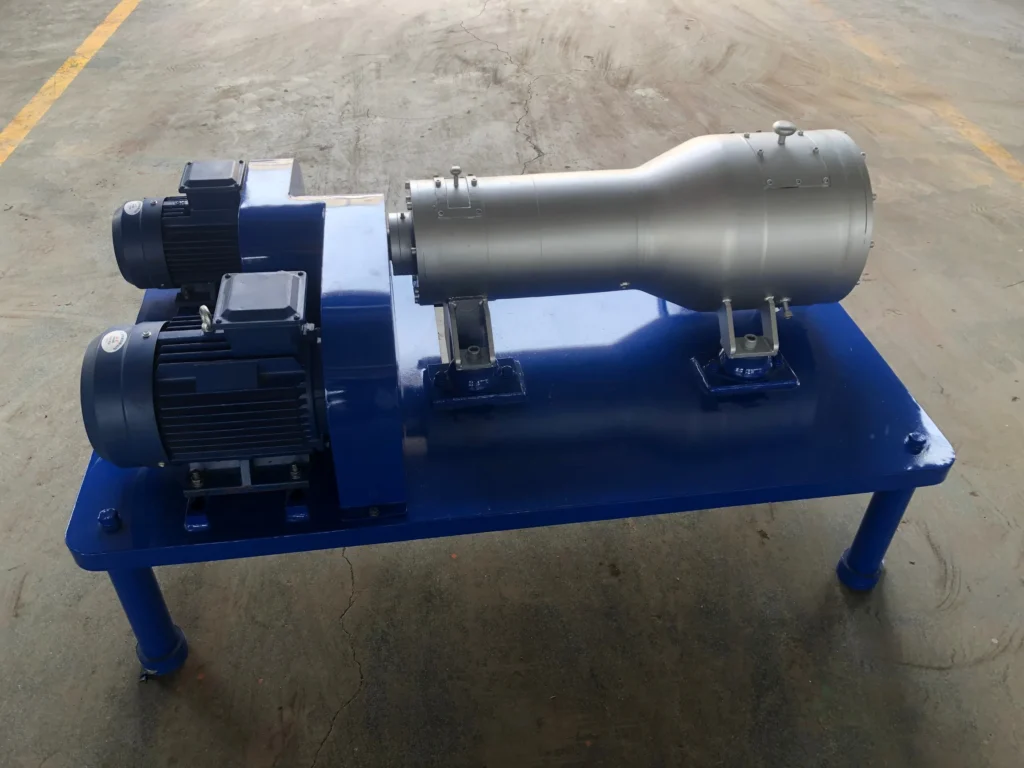Key Takeaways
- Centrifuges are crucial for effectively managing and treating waste and helping protect the environment and public health.
- With proper maintenance and operation, centrifuge technology ensures efficient processing and extends equipment lifespans even under rigorous conditions.
- Advancements in centrifuge technology are set to improve These systems’ sustainability and operational capability.
Table of Contents
- Understanding Centrifuge Technology
- The Advantages of Using Centrifuges in Waste Management
- Waste Management Applications for Centrifuges
- Centrifuge Maintenance and Safety
- Future Trends in Centrifuge Technology and Waste Management
Modern industrial processes and urban lifestyles generate significant amounts of waste, and managing this waste effectively is essential for environmental sustainability and public health. With their unique ability to separate solids from liquids at high speeds, centrifuges have become indispensable for handling waste materials across various sectors. These advanced mechanical devices exploit the differences in density between constituents, making them valuable in industries ranging from pharmaceuticals to petroleum. Centrifuge rentals are seeing an increased demand for waste management as they provide temporary, scalable solutions to ongoing waste challenges without investing in permanent infrastructure. Centrifuges’ versatility and efficiency make them an excellent choice for temporary projects and bolstering existing systems during peak demands or maintenance periods.
Understanding Centrifuge Technology
Centrifuges are sophisticated machines that harness rotational force to separate components of various densities within a mixture. For waste management purposes, this means swiftly and efficiently dividing solid contaminants from wastewater or separating oil from water in industrial applications. The origins of centrifugation trace back to the discovery of the sedimentation principle when it became clear that objects with greater density than their surroundings would naturally move away from the center of rotation. As the technology progressed, centrifuges were developed into complex and diverse machines with various scales and designs catering to specific industry needs. A foray into the scientific perspectives on centrifugation processes reveals a robust field of study, evolving to meet the requirements of modern waste management.
The Advantages of Using Centrifuges in Waste Management
Utilizing centrifugation in waste management provides several compelling advantages. Firstly, centrifuges can easily handle large volumes of waste and process materials at an accelerated rate compared to other methods. As they spin, they separate waste based on density, effectively gathering the denser solids into a “cake” that can be easily removed for disposal or potential reuse. This mechanized separation also ensures that the process is mainly automated, reducing manual labor and facilitating continuous operation, which is essential for high-throughput facilities.
Waste Management Applications for Centrifuges
Centrifuge technology finds its applications in a myriad of environments. It is invaluable in managing drilling waste in the oil and gas sector, ensuring the cuttings are effectively separated from the drilling fluids. Centrifuges play a central role in sludge dewatering for municipal sewage treatment, making the disposal process more straightforward and cost-effective. In agriculture, these machines facilitate livestock waste management, converting it into a more manageable fertilizer or energy production form.
Centrifuge Maintenance and Safety
The operation of centrifuges carries with it a requirement for meticulous maintenance and adherence to safety protocols. Regular inspection and timely servicing can mitigate equipment breakdown risks, maximizing operational uptime and ensuring that the slightest wear does not escalate into significant failures. Appropriate training for operators is also vital, as well-versed personnel are more likely to identify potential issues before they become hazardous. High standards in maintenance and safety are not just good practice; they’re crucial for the longevity and reliability of centrifuges in demanding waste management applications.
Future Trends in Centrifuge Technology and Waste Management
Centrifuge technology is expected to mesh even more tightly with digitalization trends in the coming years. IoT connectivity could improve monitoring, allowing operators to make real-time adjustments and lean on predictive maintenance schedules. Such integrations enhance the operational efficiency of centrifuges and their energy usage, contributing to a reduction in both costs and environmental impact. Innovations in design and function promise to bring more innovative, more connected centrifuges to the forefront of waste management solutions. Organizations like the UN have long emphasized the importance of sustainable practices in managing the world’s waste, with resources such as the UN’s environmental insights on waste management outlining this continued need for innovation and environmental stewardship.

